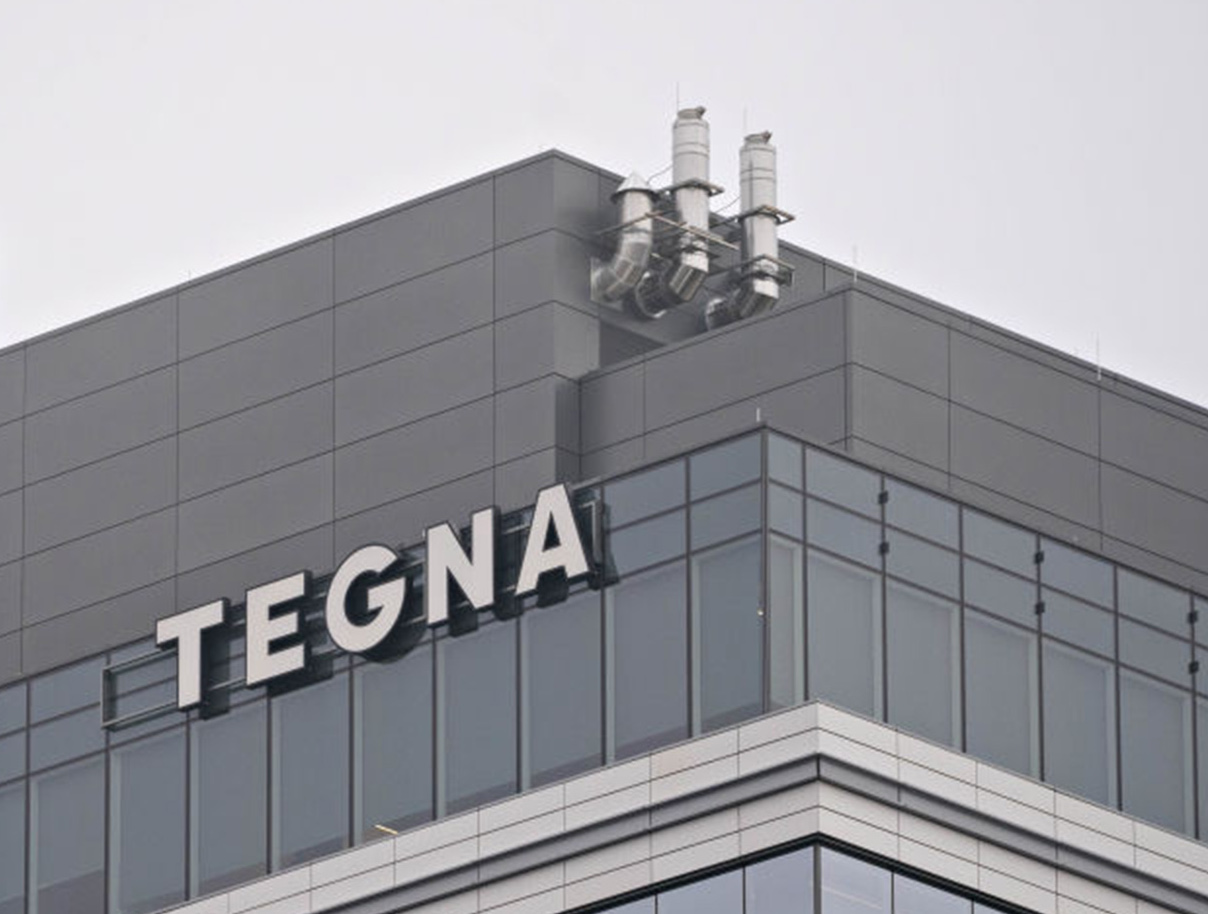FCC to Close 16 of 24 Field Offices
WASHINGTON—Field offices are on the chopping block at the Federal Communications Commission. Sixteen of 24 are being targeted for closure, FCC Chairman Tom Wheeler told members of Congress Tuesday. Wheeler appeared before the House Subcommittee on Financial Services and General Government to plead the agency’s case for 2016 funding.
He said an audit of field offices revealed several with one manager to four employees in “oversized rental facilities, which are draining our resources.”
“After analyzing a contractor report on field office use, we have determined that we can more efficiently deploy staff using a ‘tiger team’ approach and make better use of regional offices,” he said in prepared testimony. “This plan, if accepted by my fellow commissioners, will lead to 16 field office closures and annual savings of $9 million without diminished productivity.”
Non-auction flat funding has led to staff cuts, he said. The commission currently has 1,708 full-time positions, compared to a 20-year average of 1,877. Contractors have been cut as well, from 600 in 2012 to 435 by the end of 2016.
Yet the 2016 budget request is the first in 10 years that doesn’t include a request for more bodies, but rather cuts 37 positions—30 of them from field offices. (See “FCC Possibly Downsizing Enforcement Field Offices,” atRadio World.)
Wheeler said while the staff’s been shrinking, demands have increased and so has the workload for those still standing. At some point, he said, the cuts will have a negative effect.
“For example, in the licensing operations area since 2010, our FTE levels have declined by more than 25 across several bureaus, versus steady growth in licensing activity over that same time, so at some point licensing operations could slow,” he said.
Licensees ultimately will feel the pain, he said.
The commission is asking for an $84 million increase for 2016 in part because the agency’s lease is up in 2017. After mentioning that the commission has generated 13 times its operational costs for the U.S. Treasury for 20 years, Wheeler went on to request auction funding of up to $117 million, $25 million from the Universal Service Fund and $388 million in general spending authority.
“If the commission’s lease were not expiring in 2017, our budget proposal would look different and my presentation today…,” Wheeler said. “We would have been asking for a modest increase over last year’s funding level…”
Wheeler said moving would cost around $51 million up front—similar to the costs associated with moving for the National Institutes of Health and the National Labor Relations Board. In the long run, he said the move would save money.
“Current projections show $13 million in annual savings under the new lease and net savings of $119 million over the life of the new lease,” he said.
Wheeler said the FCC is as lean as it’s ever been. Since 2009, he said the agency’s budget has been flat for non-auction activities, and down taking inflation into account. He acknowledged that auction funding increased over the last two years, but most has gone into the broadcast incentive auction process. He noted that spectrum auctions are lucrative. The recent AWS-3 brought in $41 billion in bids and potentially $20 billion for the treasury.
Wheeler broke down the $84 million increase—$51 million for moving, of which includes $1 million for the Office of the Inspector General, bringing its budget to $12.2 million. Another $17 million targets an ongoing IT upgrade that would include moving legacy applications into the cloud before the move. Around $7 million would go into Congressional mandates: $2.5 million for administering the $1.75 billion post-auction broadcaster relocation fund; $250,000 to support the Do-Not-Call Registry and $600,000 for yearly maintenance; and $3 million annually for the National Broadband Map, previously maintained by the National Telecommunications and Information Administration.
The 2016 budget also shifts Universal Service Funds to cover USF-related commission activities.
“It will reduce by $25 million the Sec. 9 regulatory fee burden on licensees with no universal service relationship,” he said. “USF will pay these costs instead of forcing entities such as small, local broadcasters and marine licensees to pay for USF [full-time employee] activities at the commission.
The shift would reduce Sec. 9 fees by 6 percent and cost large-market broadcasters “several thousand dollars per year,” he said.
See
February 3, 2014
“FCC Requests $413 Million in FY2016, May Downsize or Move”
Under GSA requirements, the new lease will comprise 437,000 square feet, a reduction of 28 percent from “659,030 rentable square feet,” the commission said. The downsize would yield about 180 square feet per person versus 272.
The professional video industry's #1 source for news, trends and product and tech information. Sign up below.
